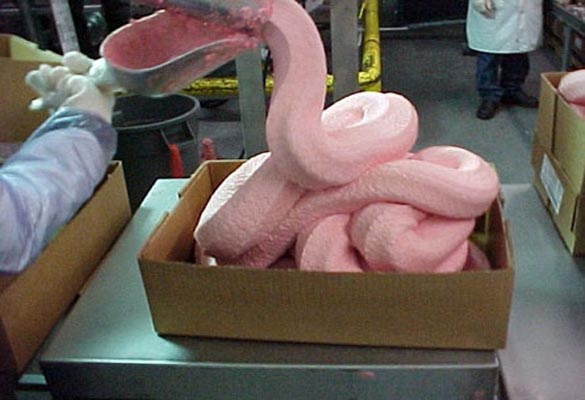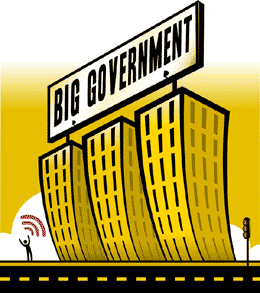The American Tort Reform Association, a front group for big chemical, tobacco, insurance, pharmaceutical and other companies whose products or pollution have been known to make people sick or kill them, has released its ninth annual "judicial hellholes" report which attacks judges and juries who hold their members accountable in court. This year's top "hellhole" is Philadelphia, which won in part due to its Complex Litigation Center, which was created exclusively to handle complex, mass tort cases like those regarding asbestos, hormone replacement therapy, nursing home litigation and suits against drugs like Avandia, Paxil, Phen-Fen and Risperdal. The Center's most recent cases involve pharmaceutical defendants who are being sued over birth control pills in the Yaz/Yazmin/Ocella mass tort. Plaintiffs allege that the pills caused injuries like pulmonary embolism, blood clots in the legs, heart attacks, strokes, gall bladder and kidney disease.

 On November 30, employees at the world's fourth biggest drugmaker,
On November 30, employees at the world's fourth biggest drugmaker,  When I testified before Congress last year, I told lawmakers that if they passed a health care reform bill with an individual mandate but no public option, they might as well call their bill the "Health Insurance Profit Protection and Enhancement Act." Well, of course, that is exactly what Congress did, but they didn't change the name of the new law as I suggested. I was as upset as anyone that the public option was stripped out, but I nevertheless later said that Congress should still pass the bill because of the protections it contained against common predatory practices by insurers, like canceling breast cancer patients' insurance in the midst of treatment and refusing to sell coverage at any price to people with pre-existing conditions. The bill also expands Medicaid to encompass several million Americans who cannot afford to buy overpriced and often inadequate health insurance.
When I testified before Congress last year, I told lawmakers that if they passed a health care reform bill with an individual mandate but no public option, they might as well call their bill the "Health Insurance Profit Protection and Enhancement Act." Well, of course, that is exactly what Congress did, but they didn't change the name of the new law as I suggested. I was as upset as anyone that the public option was stripped out, but I nevertheless later said that Congress should still pass the bill because of the protections it contained against common predatory practices by insurers, like canceling breast cancer patients' insurance in the midst of treatment and refusing to sell coverage at any price to people with pre-existing conditions. The bill also expands Medicaid to encompass several million Americans who cannot afford to buy overpriced and often inadequate health insurance. First, a weird photo of
First, a weird photo of  We hear it everywhere this election season. Candidates, ads and TV pundits say we have "too much big government!" Virtually any attempt to regulate or tax any industry is a government intrusion into our lives. Candidates say they want less government. What's up with this ubiquitous, anti-government theme?
We hear it everywhere this election season. Candidates, ads and TV pundits say we have "too much big government!" Virtually any attempt to regulate or tax any industry is a government intrusion into our lives. Candidates say they want less government. What's up with this ubiquitous, anti-government theme?